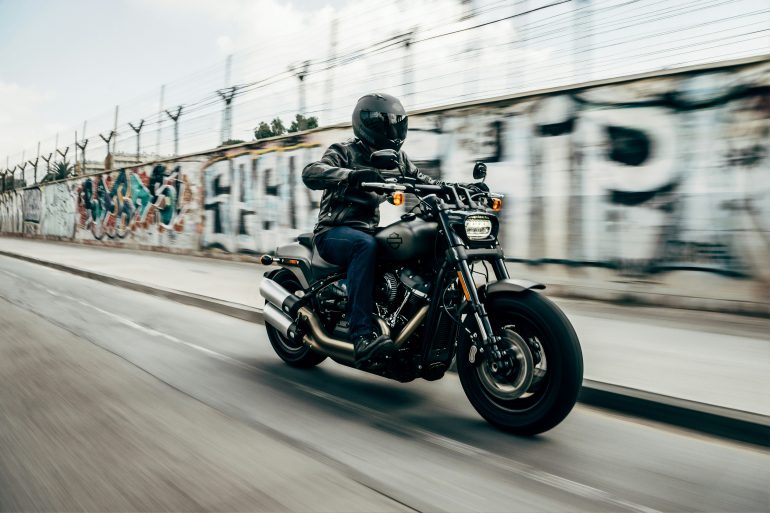The psychological effects of motorbike accidents are wide-ranging in terms of type and timescale.
Your immediate response will be shock which is a defensive mechanism that helps you cope with stress during traumatic events. It causes emotional dissociation and numbness to your situation, leading to feelings of confusion and disbelief in the hours and days that follow.
People may also experience lasting feelings of fear and anxiety that make them feel their life is in danger even when they’re in safe situations. Panic attacks are a common sign of this.
Long-term, Post Traumatic Stress Disorder (PTSD) is possible. This is a mental health condition associated with trauma that can cause flashbacks and nightmares when the sufferer is triggered. PTSD can also lead to avoidance behaviour and/or hypervigilance.
Physical injuries from motorbike crashes can also impact mental health. Chronic pain and isolation are often accompanied by depression and a lack of interest in daily life. Severe life-changing injuries can cause a sense of helplessness and hopelessness that may intensify over time into thoughts of suicide.
Coping strategies for bike accident survivors
Survivors of bike accidents should seek professional help from therapists, counsellors or psychologists who specialise in trauma and PTSD treatment. Speaking to friends and family is important to recovery, but professional support is vital for the healthy processing of emotions and developing effective coping skills.
Victims who were not at fault can pursue bike accident claims for financial compensation to help cover the cost of counselling and other relevant medical costs including equipment and home renovation. This helps to ease the pressure of any money worries so victims can focus solely on healing.
Rehabilitation and rebuilding confidence
Rehabilitation begins with setting realistic goals and working towards achieving these one by one. These goals can be focused on getting back on the bike or around general lifestyle behaviours like going outside, spending time with loved ones and cultivating practices that bolster mental health.
Start with small steps in familiar environments. This might look like an easy ride on a quiet road accompanied by close friends, or a walk in your local park on a sunny day. Try not to set yourself a timeline but instead work at a pace that feels comfortable.
As you achieve each goal, gradually increase how challenging your tasks are until you’re back up and running again. Remember to celebrate all milestones along the way: this is a reminder of progress made and motivation to help hit future targets.





